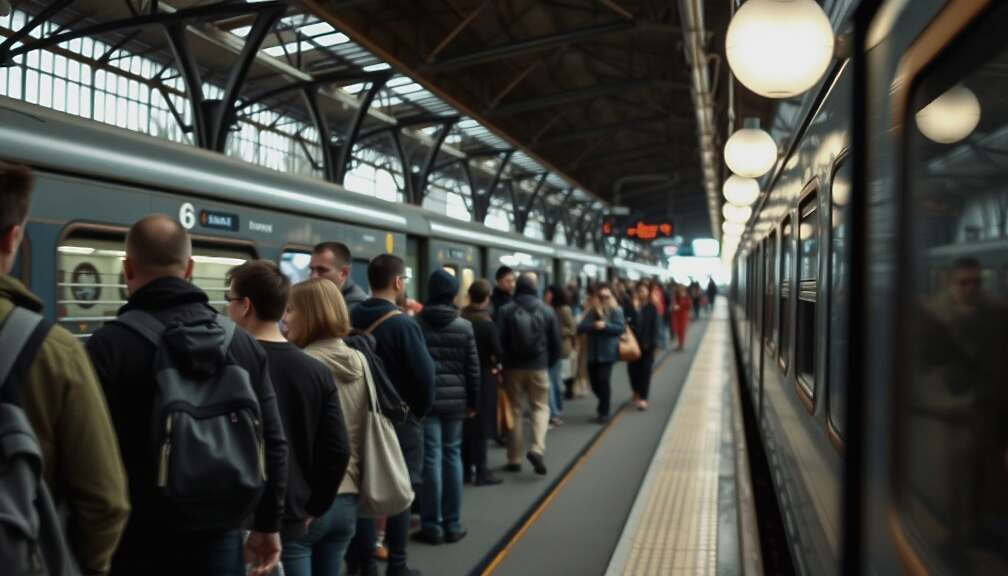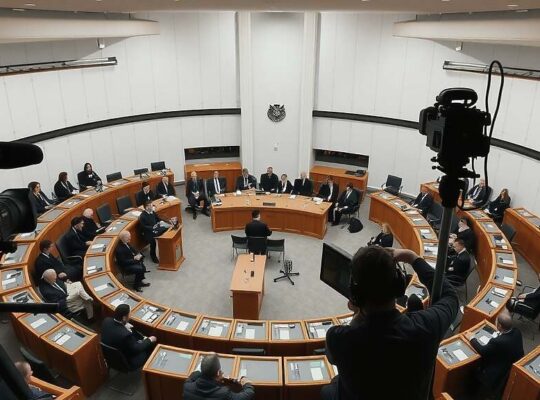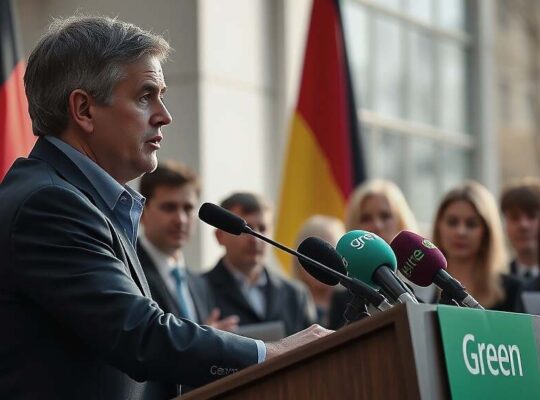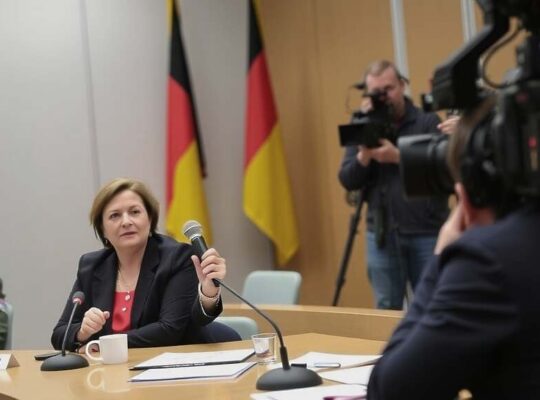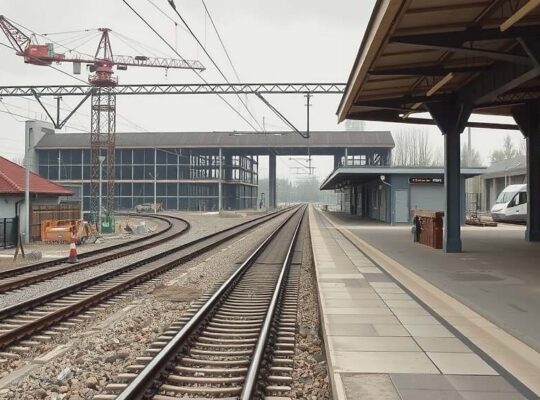A sudden policy reversal by the German federal government concerning funding for long-distance rail services has ignited fierce criticism, threatening the financial stability of several operators and raising concerns about the future of passenger transport. The abrupt halt to planned subsidies, amounting to €105 million intended to alleviate rail network usage fees for operators, has been widely condemned as a consequence of “careless work” within the Ministry of Transport and is drawing direct blame on Minister Patrick Schnieder (CDU).
The intended relief was designed to ease the burden of “trassenpreise” charges levied for utilizing the rail infrastructure. Mofair and VDV, leading rail operator associations, confirmed receipt of a corresponding notification from the ministry. Critics argue that this sudden shift, occurring so late in the year, will likely force the cancellation of existing routes and severely impact the viability of companies like Flixtrain and Deutsche Bahn.
Even within the governing coalition, Schnieder’s handling of the situation faces scrutiny. Isabel Cademartori, the SPD’s spokesperson for transport policy, stated that the funds for long-distance “trassenpreise” were already allocated within the 2025 budget. She emphasized the Ministry’s responsibility to ensure the full disbursement of these funds and questioned the rationale behind the sudden withdrawal.
Martin Burkert, leader of the EVG rail union, voiced anxieties regarding the impact on both passengers and employees. He characterized the government’s approach as “schizophrenic” highlighting the contradictory demands for commercially viable operations alongside expectations for extensive service coverage and frequent high-speed rail stops, coupled with politically driven increases in infrastructure charges. These conflicting pressures, he warned, fuel uncertainty for employees and threaten sharp price hikes for passengers.
A Ministry spokesman ruled out any possibility of revisiting the relief measures for this year to mitigate the impact of the increased infrastructure charges. The decision follows a report by the Bundestag’s audit committee, which had previously demanded the Ministry demonstrate the economic viability of its prior funding practices. The Ministry’s delayed response to this demand has resulted in the complete withholding of funds for the current year, with a commitment to develop new regulations for 2026. While the spokesperson claimed that “intense work” is underway on a new subsidy guideline, the immediate implications of the funding cut remain serious.
Despite the funding freeze, Deutsche Bahn maintains that it will, at least until 2026, adhere to its pledge to stabilize long-distance ticket prices, attempting to shield passengers from the full brunt of the policy shift. However, many remain skeptical about the long-term sustainability of such a strategy given the precarious financial position of the rail sector.


